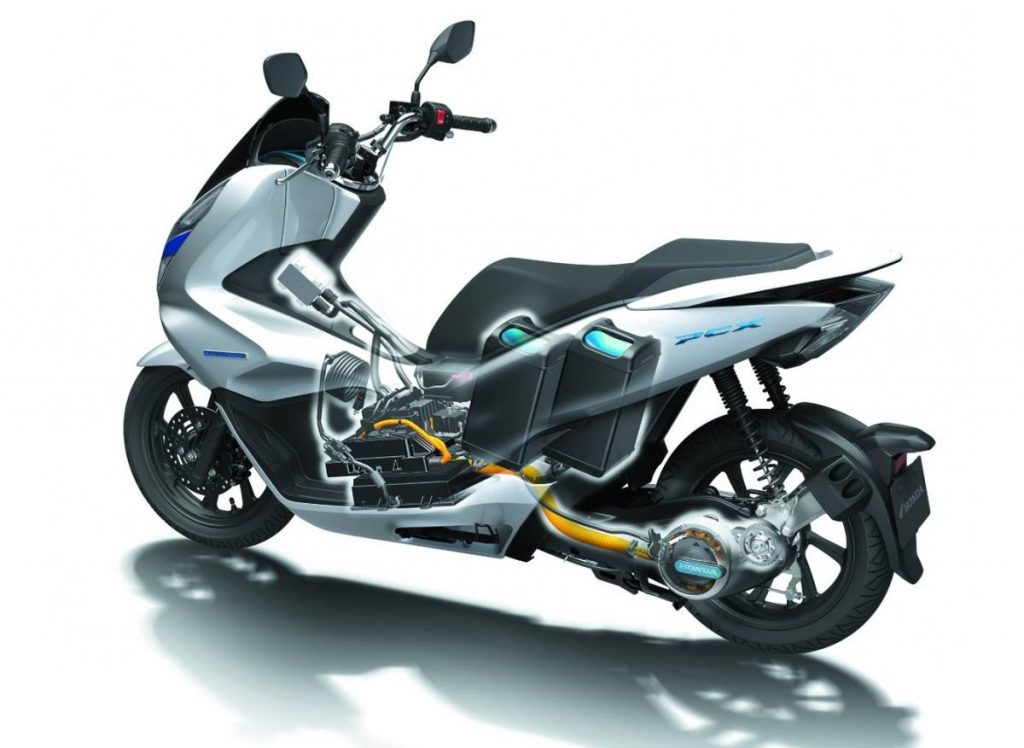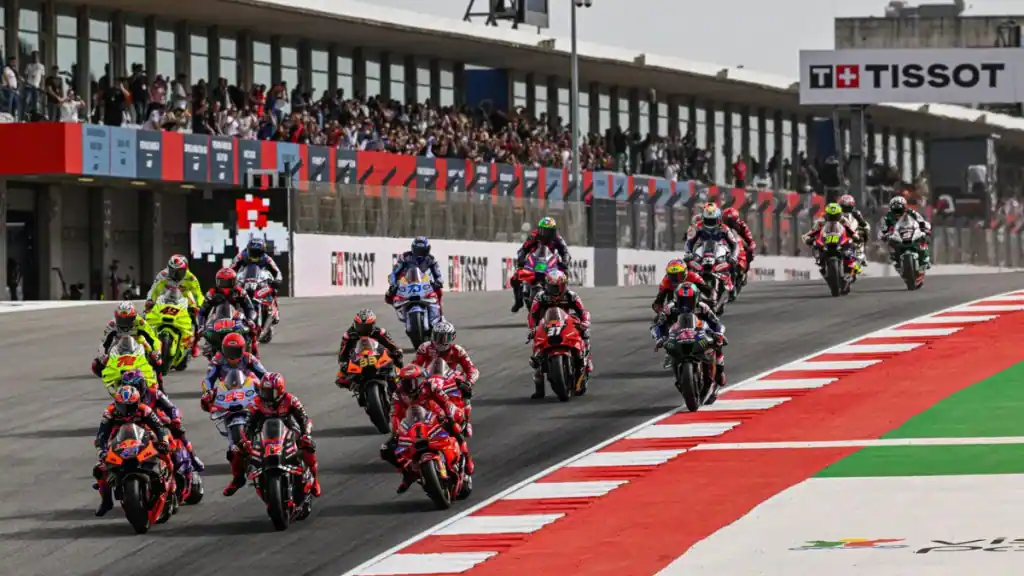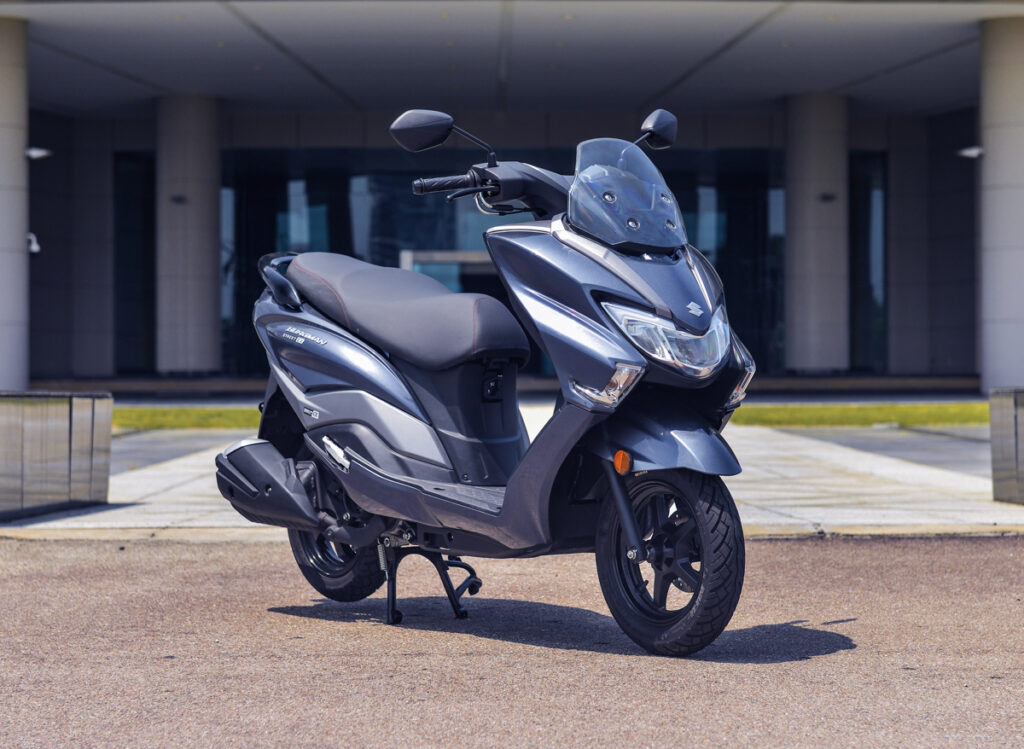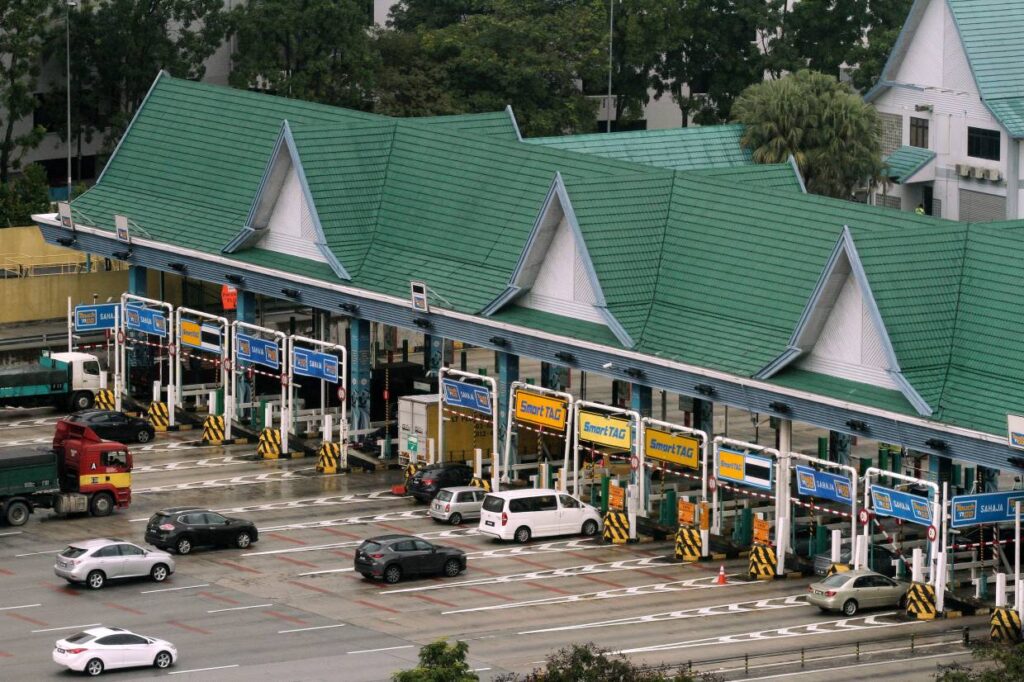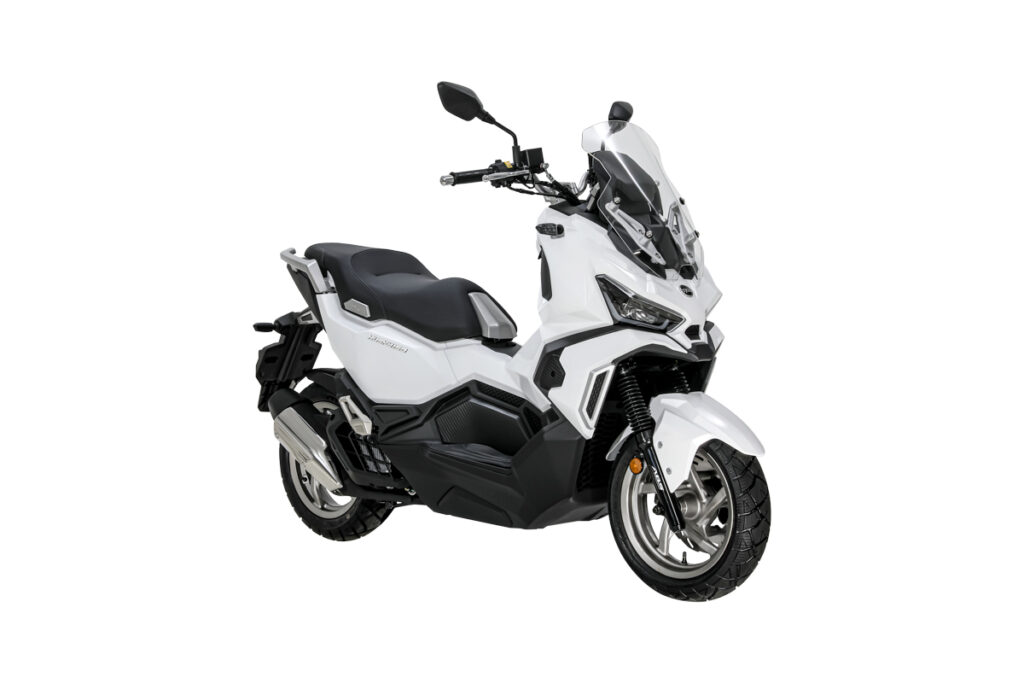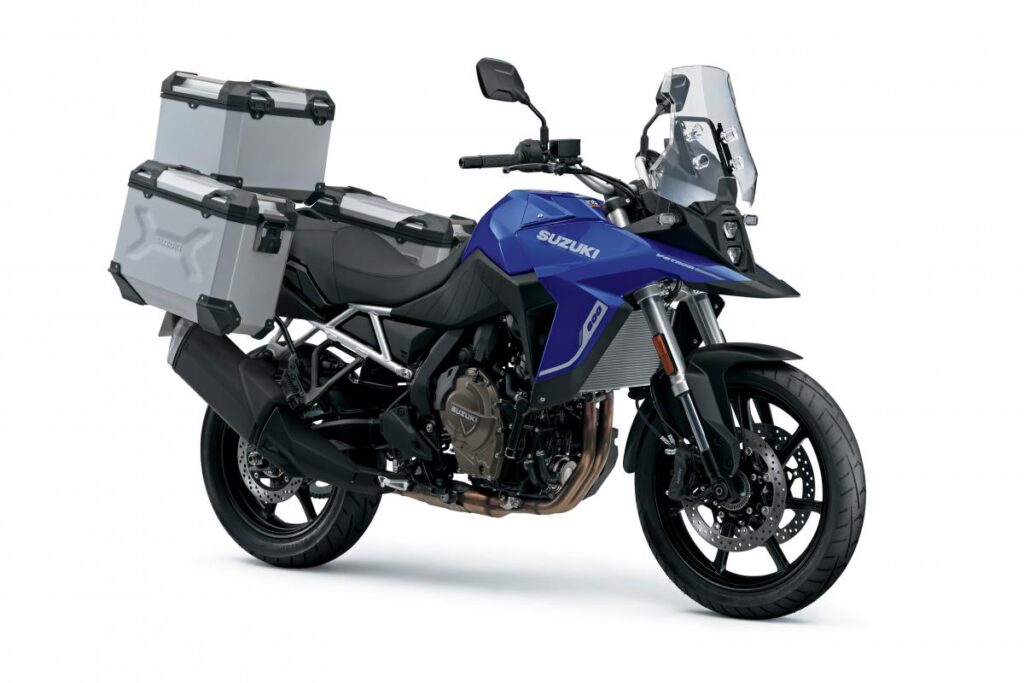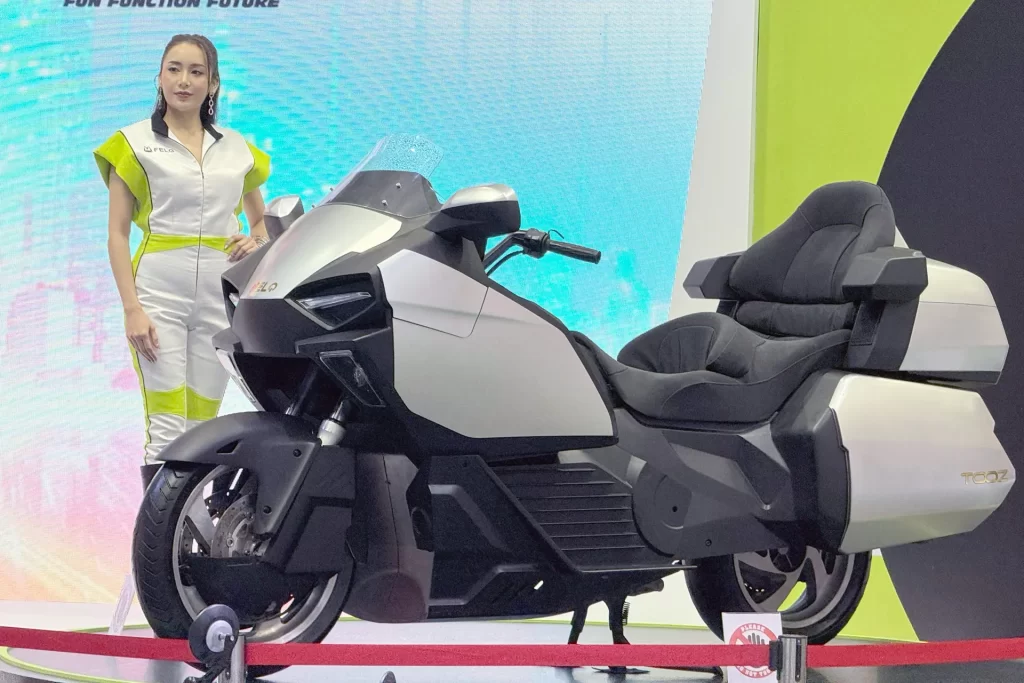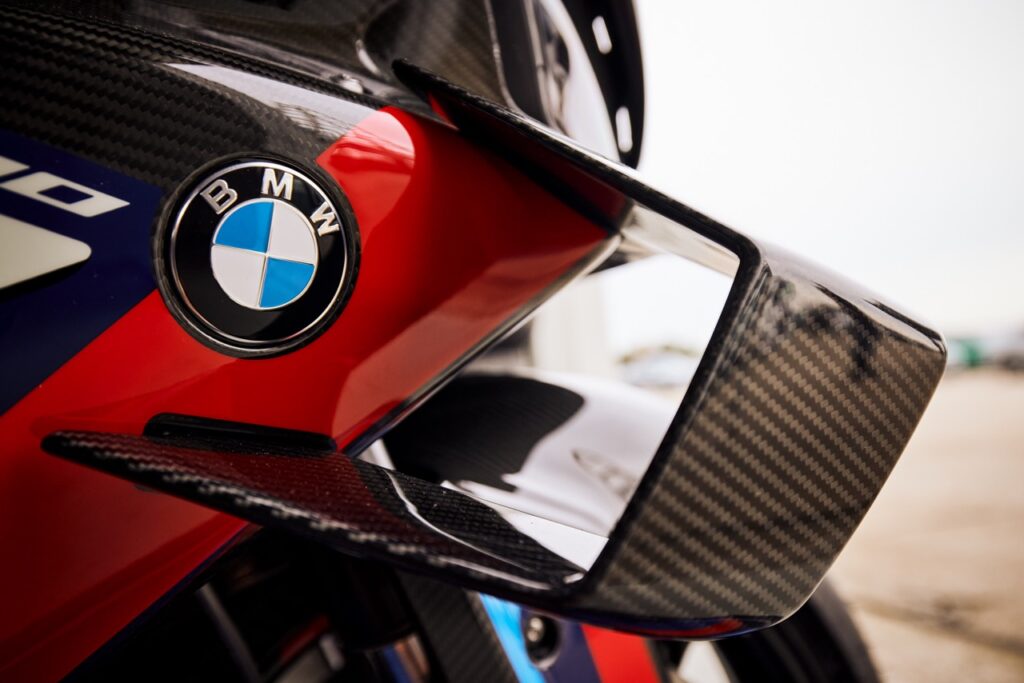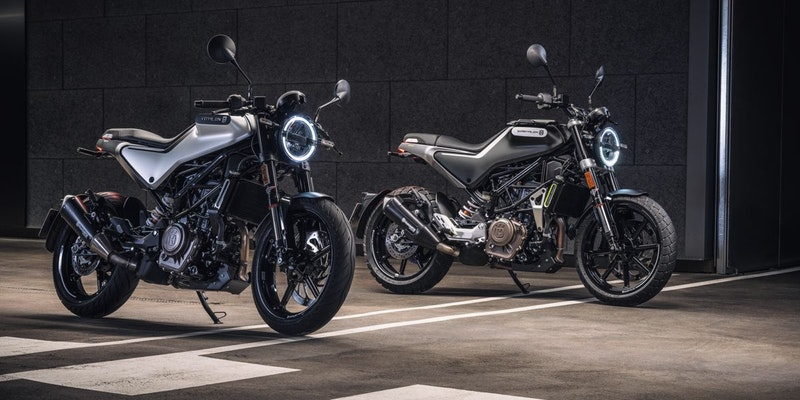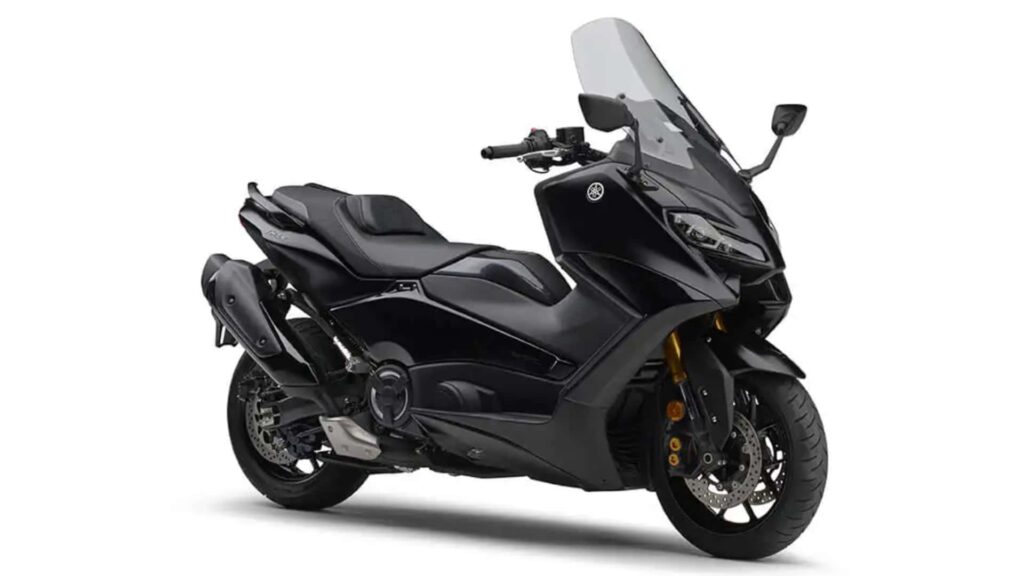In a bid to further advance the adoption of electric vehicles (EVs) in Malaysia, the Ministry of Investment, Trade, and Industry (Miti) has presented a proposal for an incentive targeted at promoting electric motorcycles within the B40 income group as part of the Budget 2024 deliberations.
The Deputy Secretary-General (Industry) of Miti, Hanafi Sakri, expressed his optimism about the proposal’s alignment with Malaysia’s overarching goal of bolstering the EV industry. Speaking at the International Electric Mobility Showcase (IEMS) 2023, Hanafi emphasized the importance of support from the finance ministry for the development of the EV sector.
“We hope for a positive response and that the finance ministry will support the development of the EV industry,” Hanafi stated during his remarks at IEMS.
He further highlighted the government’s dedication to enhancing the EV industry over the past two years by introducing a series of incentives aimed at stimulating both the demand and supply facets of the market.
As part of Malaysia’s broader efforts in the EV space, the nation has set a target of establishing 10,000 EV charging stations across the country by 2025. This infrastructure is set to consist of 9,000 slow-charging AC (alternating current) stations and 1,000 DC (direct current) stations. In line with this ambitious goal, the government anticipates the rollout of between 3,000 and 4,000 charging stations within the current year.
During a panel discussion at IEMS, Yusri Yusuf, the Senior Director of Corporate Strategy and Risk Management at Proton, provided insights into the company’s deliberate steps toward embracing EV technology. He highlighted the significance of three key factors for successful industrialization in the EV sector: policies, technological advancements, and consumer behavior.
“We recognize that three main factors are crucial for successful industrialization; policies, technological advancements, and consumer behavior,” Yusri stated. “Collaborating closely with a dependable technology partner is essential for these elements, and that’s our current focus.”
Wong Shi How, Executive Vice-President of Strategic Management and Corporate Affairs at Rapid Bus, contributed to the discussion by shedding light on the economic aspects of electric buses. While acknowledging that electric buses may have a higher initial purchase cost compared to their diesel counterparts, he emphasized the importance of considering the long-term value they offer.
“Prasarana uses the total cost of ownership (TCO) analysis, which looks beyond just the purchase price and into long-term costs like maintenance, repairs, and daily operations,” Wong explained. “Over time, EV buses are more cost-effective, with savings of roughly 30% in operational areas. Additionally, electricity, as fuel, has proven to be cheaper than diesel.”
These developments signify Malaysia’s commitment to fostering a robust and sustainable EV industry while addressing the specific needs and interests of various income groups, ultimately promoting the nation’s transition to cleaner and more eco-friendly transportation options.

